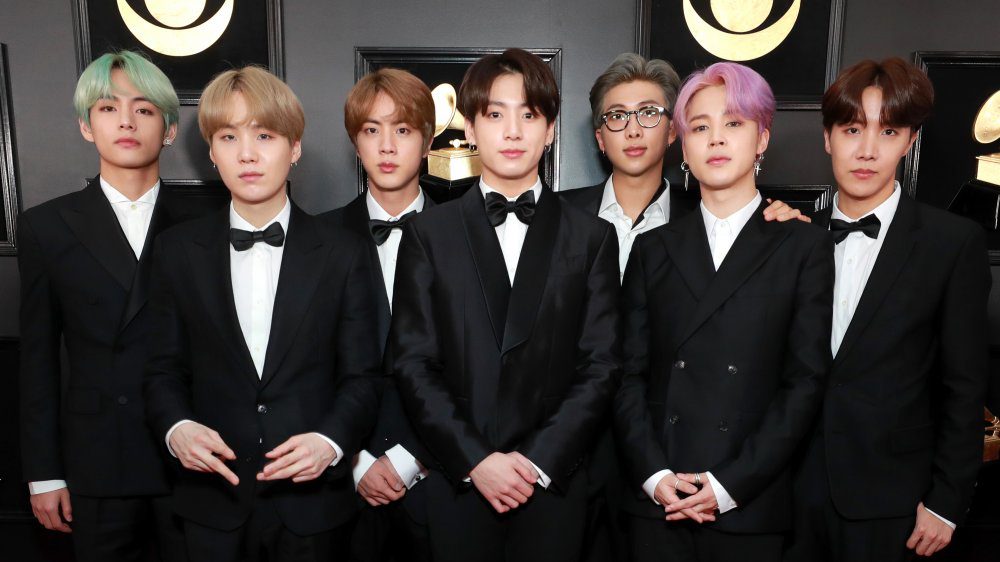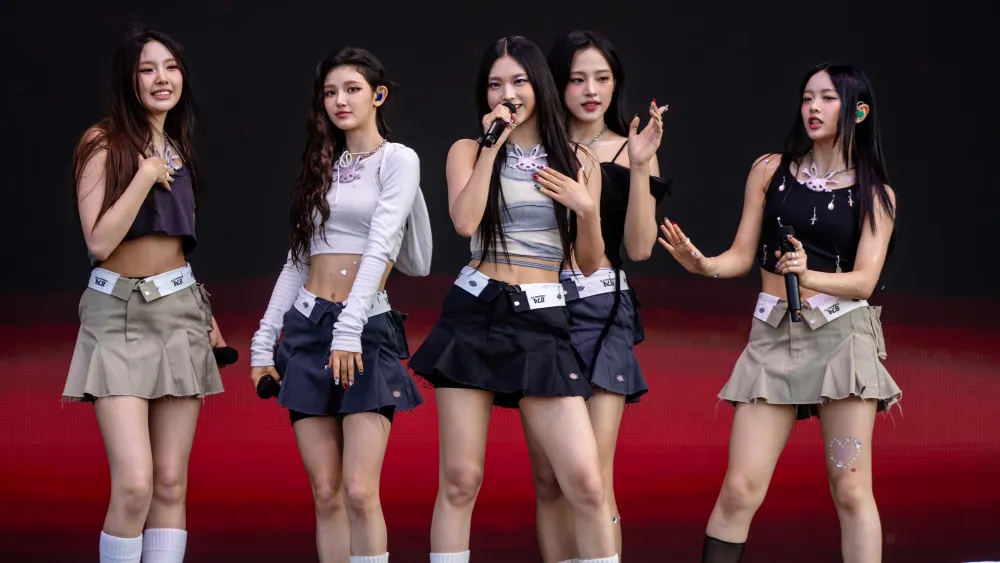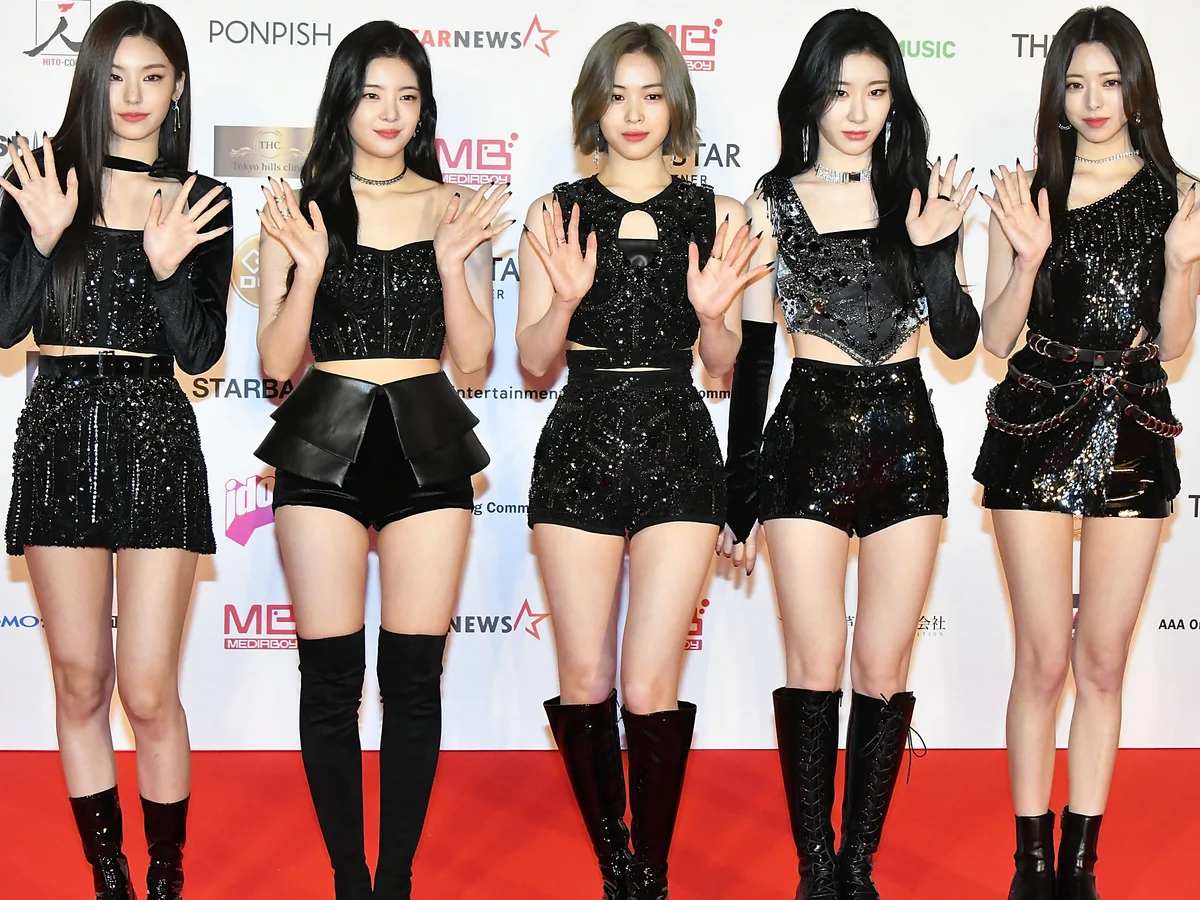K-pop, once a niche genre confined to South Korea, has transformed into a global cultural powerhouse, dominating music charts and social media platforms worldwide. With meticulously produced music videos, synchronized choreography, and an unmatched fan culture, K-pop has redefined the global entertainment terrain. But how did this genre achieve such an unprecedented level of international success? The answer lies in a combination of strategic marketing, technological advancements, and cultural influence.
From early pioneers like Seo Taiji and Boys in the 1990s to modern supergroups like BTS and BLACKPINK, K-pop’s evolution has been carefully orchestrated to appeal to a worldwide audience. Let’s explore the key factors that propelled K-pop from a regional sensation to a dominant force on global music charts.
1. The Power of Social Media and Digital Platforms
One of the most significant factors behind K-pop’s rise to global stardom is the strategic use of social media and digital streaming platforms. YouTube, Twitter, TikTok, and Instagram have been instrumental in bridging the gap between South Korean artists and international fans.
Companies like HYBE, YG Entertainment, and SM Entertainment have mastered the art of online engagement by releasing teaser videos, behind-the-scenes content, and interactive fan experiences. This has enabled artists like BTS and EXO to cultivate massive, dedicated followings worldwide. Moreover, platforms like Spotify and Apple Music have made it easier than ever for global listeners to access K-pop songs, pushing them to the top of international charts.
Viral trends, dance challenges, and fan-driven promotional campaigns ensure that K-pop remains relevant in the fast-paced digital age. The genre’s ability to leverage social media for engagement and promotion has been a game-changer in its worldwide success.
2. High-Quality Production and Unique Aesthetics
K-pop is synonymous with high-quality music production, eye-catching aesthetics, and elaborate performances. The genre’s visual appeal is a major factor in its widespread popularity, with music videos featuring intricate storytelling, vibrant cinematography, and cutting-edge fashion.
Entertainment companies invest heavily in producing cinematic music videos that audiences. The emphasis on perfection extends beyond visuals—producers collaborate with international songwriters and choreographers to create tracks that blend elements of pop, R&B, EDM, and even hip-hop.
The unique “idol” system in South Korea ensures that artists undergo years of rigorous training in singing, dancing, and performance, making them some of the most polished entertainers in the industry. This commitment to excellence has positioned K-pop as a trendsetter in the global music scene, attracting millions of fans who appreciate both artistry and showmanship.

3. Strong Fan Communities and Global Fandom Culture
K-pop fandoms are unlike any other in the world. Groups like ARMY (BTS fans) and BLINKs (BLACKPINK fans) are not just passive listeners; they actively participate in promoting their favorite artists. This passionate fan culture plays a crucial role in K-pop’s global success.
Fans organize streaming parties, vote in online polls, and crowdfund advertisements to ensure their idols top the charts. The deep sense of community within fandoms strengthens engagement and creates a loyalty-driven marketing system where fans themselves contribute to an artist’s international success.
Social media platforms have further fueled fan interactions, allowing global audiences to feel directly connected to their favorite K-pop stars. Companies also recognize the power of fandoms and often encourage direct engagement through live streams, fan meetings, and exclusive content, fostering an even deeper connection between idols and their supporters.

4. Government Support and Cultural Diplomacy
The South Korean government has played a strategic role in promoting K-pop as a part of its broader “Hallyu” (Korean Wave) cultural movement. Recognizing the economic and cultural potential of the entertainment industry, the government has supported K-pop’s global expansion through investments and diplomatic initiatives.
Through organizations like the Korea Creative Content Agency (KOCCA), the government provides funding for artists, producers, and international collaborations. Additionally, K-pop groups often serve as cultural ambassadors, representing South Korea on major global platforms like the UN and the Olympics.
This national-level backing has helped K-pop gain access to international markets, solidifying its presence beyond Asia. The fusion of music, fashion, and entertainment into a broader cultural export has ensured K-pop’s continued influence on the world stage.


